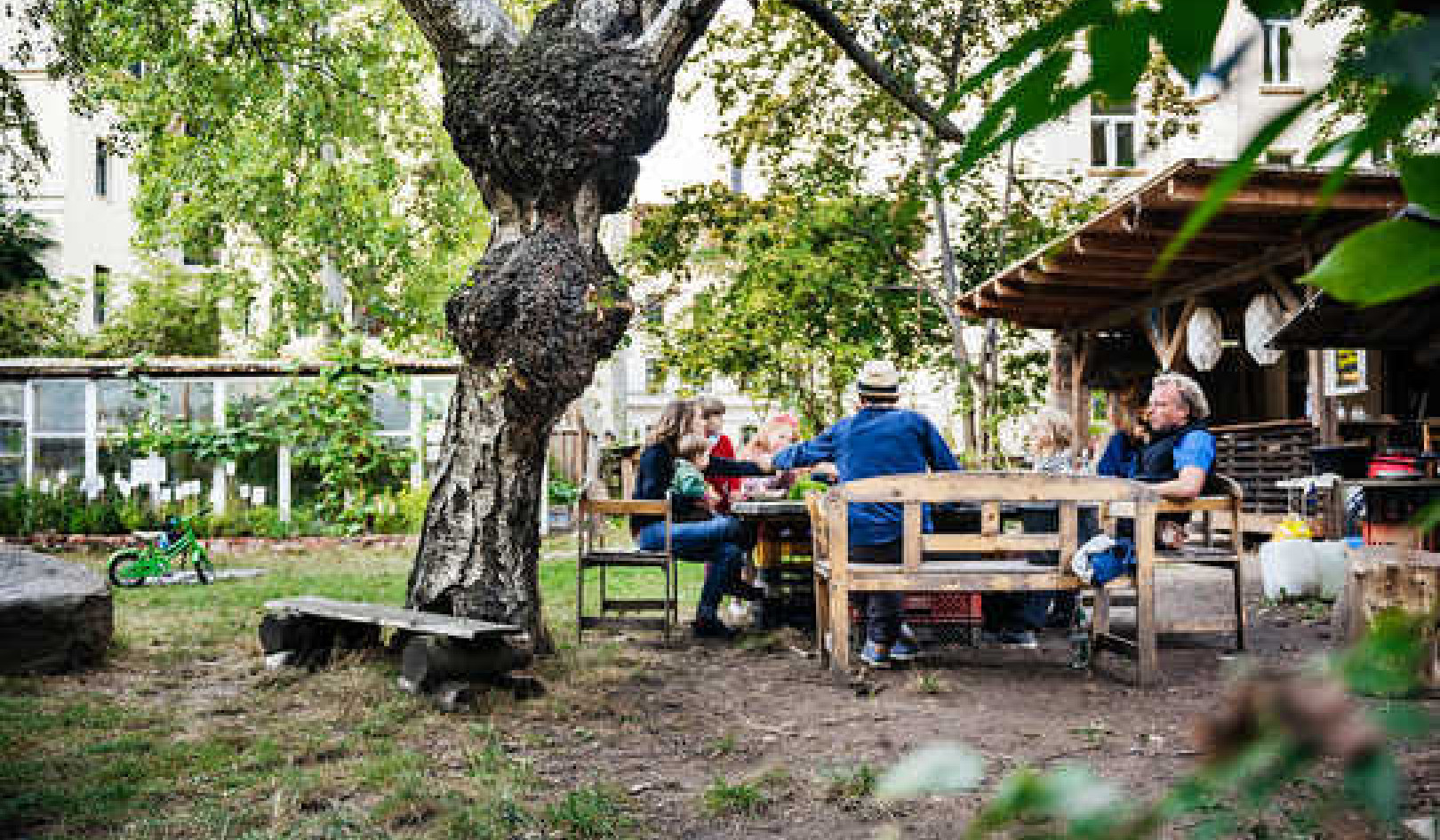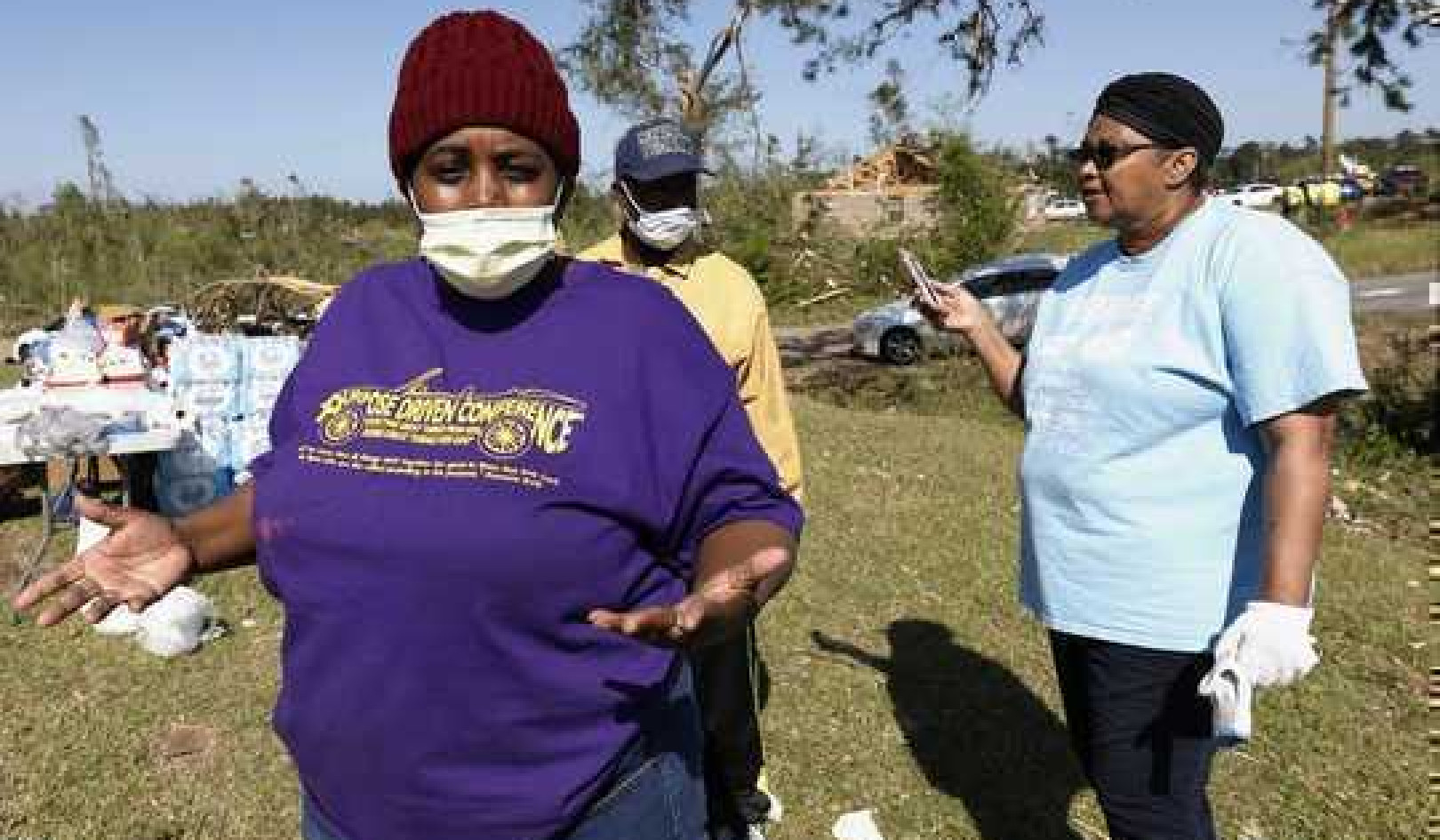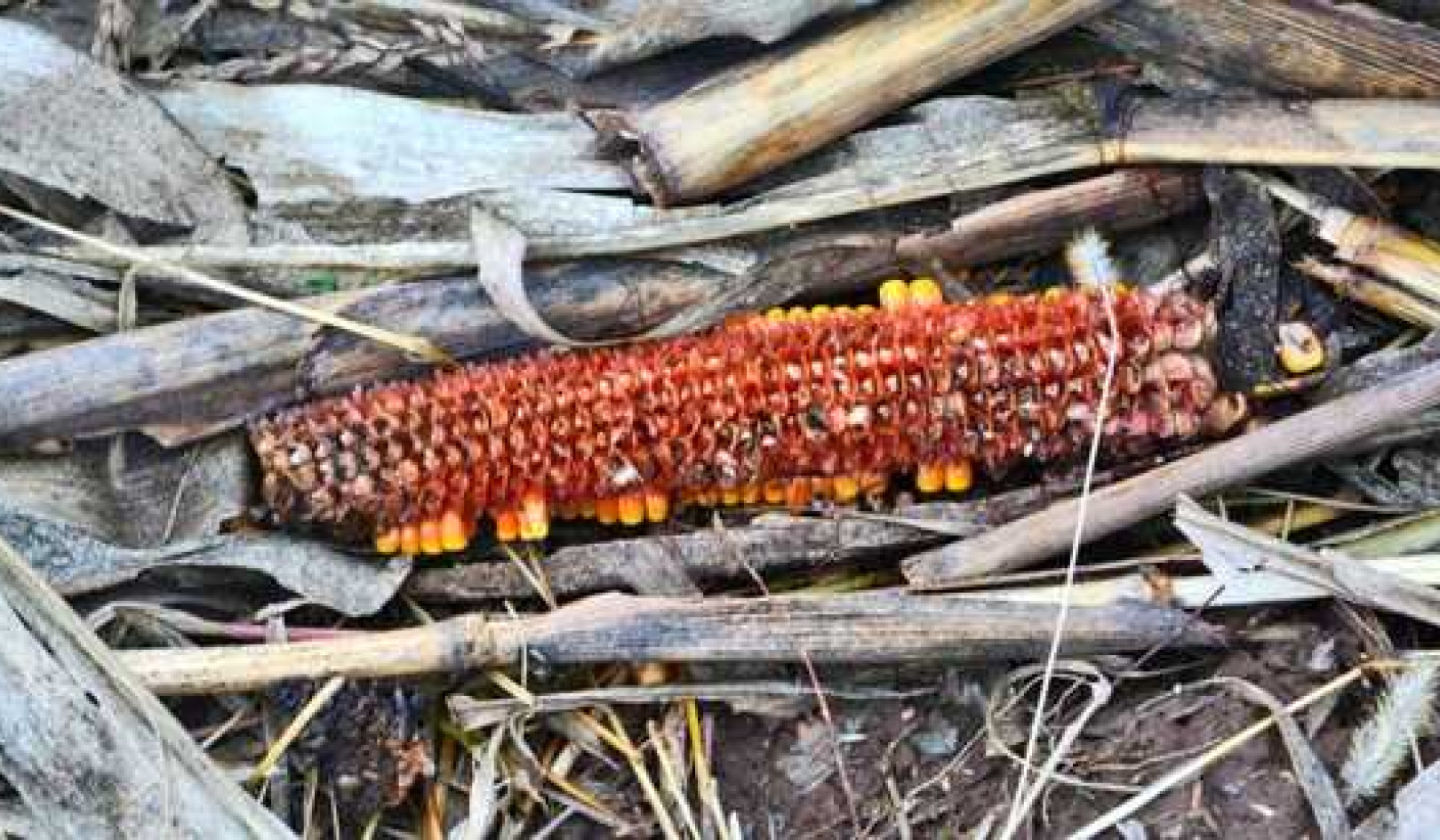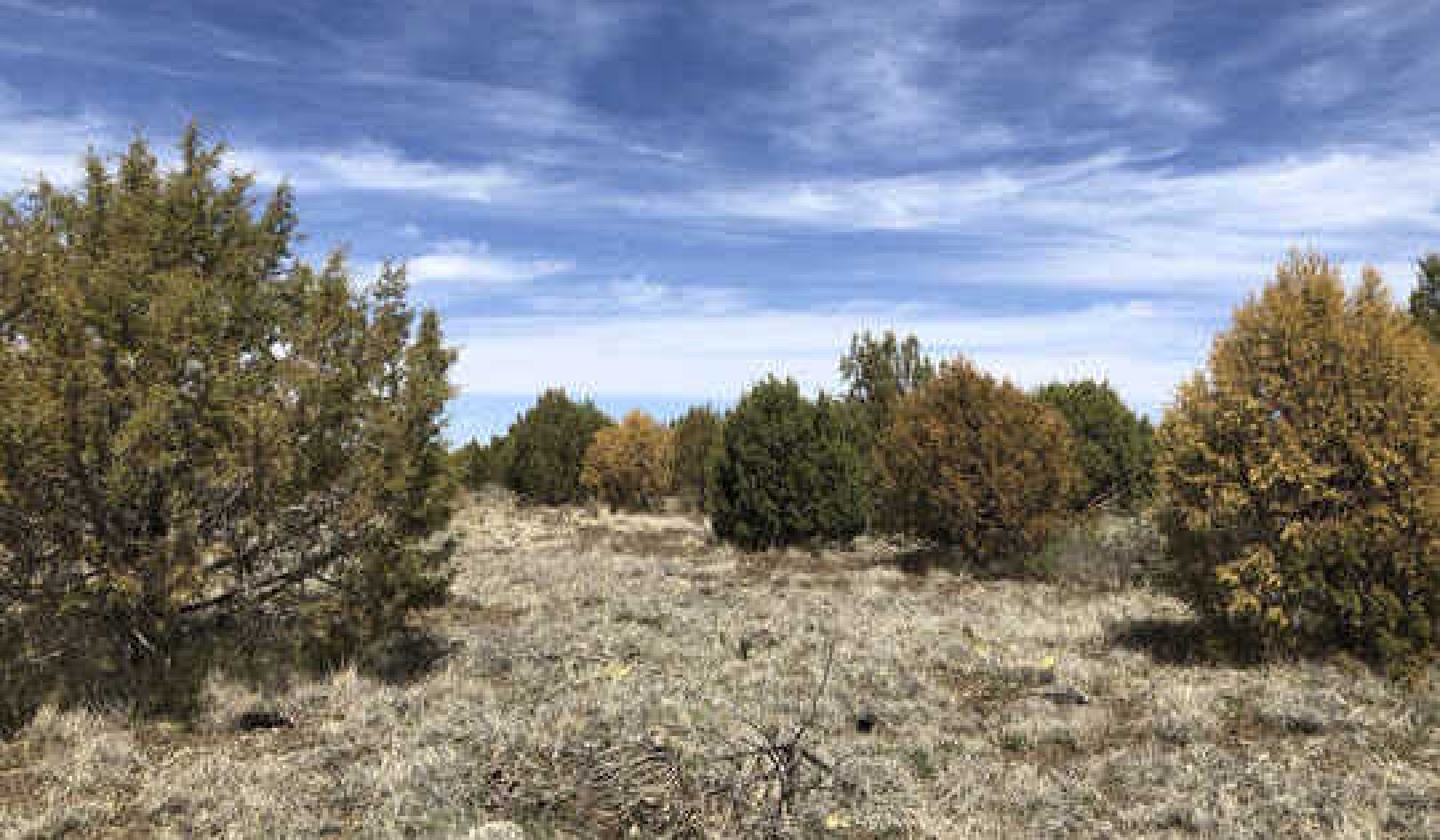
Reducing deforestation in the tropics would significantly cut the amount of carbon dioxide emitted into the atmosphere by as much as one-fifth, research shows.
In the first study of its kind, scientists have calculated the amount of carbon absorbed by the world’s tropical forests and the amounts of greenhouse gas emissions created by loss of trees, as a result of human activity.
Scientists analyzed data from previous studies, including satellite studies, to determine the amount of carbon absorbed and emitted by the world’s tropical forests in South and Central America, equatorial Africa, and Asia.
“Forest census data from an Amazon-wide network of forest plots, maintained by the Universities of Leeds and Oxford, played a critical part in the analysis,” says Professor Emanuel Gloor, a coauthor of the study from the School of Geography at the University of Leeds. The research appears in Global Change Biology.
Tropical Forests Absorb up to 20% of the World’s Carbon Emissions
The researchers found that tropical forests absorb almost two billion tons of carbon each year, equivalent to one-fifth of the world’s carbon emissions, by storing it in their bark, leaves, and soil.
However, an equivalent amount is lost through logging, clearing of land for grazing, and growing biofuel crops such as palm oil, soy beans, and sugar. Peat fires in forests add significantly to the greenhouse gas emissions.
Researchers say emissions from tropical forests will increase as the climate warms, as rising temperatures accelerate the decay of dead plants and trees, giving off more carbon dioxide.
Global temperatures are forecast to rise by two degrees by the year 2099, which is predicted to increase annual carbon emissions from the forest by three-quarters of a billion tons.
“If we limit human activity in the tropical forests of the world, this could play a valuable role in helping to curb the rise in carbon dioxide in the atmosphere. Preventing further losses of carbon from our tropical forests must remain a high priority,” says Professor John Grace of the University of Edinburgh’s School of GeoSciences, who led the study.
Source: University of Leeds
About the Authors
Sarah Reed is Press Officer at the University of Leeds. Professor John Grace of the University of Edinburgh’s School of GeoSciences led the study. Professor Emanuel Gloor, was a co-author of the study from the School of Geography at the University of Leeds. The study, published in the journal Global Change Biology, was supported by the Natural Environment Research Council.
Recommended Book:
Global Warning: The Last Chance for Change
by Paul Brown.
 Global Warning is an authoritative and visually stunning book, unique in its approach. While most of the current literature on the subject is highly scientific, this book's aim is to educate the public at large. Graphics and maps, hard-hitting text, and powerful pictures show the plight the world is already facing. The tone is serious, but ultimately positive and outlines what we all need to do to safeguard our future. It provides an honest appraisal of a critical situation, and some practical advice about solutions - whether making small adjustments in everyday life, or raising public awareness across the globe. The book combines the gloss of a coffee-table book with the journalism and depth of a broadsheet newspaper.
Global Warning is an authoritative and visually stunning book, unique in its approach. While most of the current literature on the subject is highly scientific, this book's aim is to educate the public at large. Graphics and maps, hard-hitting text, and powerful pictures show the plight the world is already facing. The tone is serious, but ultimately positive and outlines what we all need to do to safeguard our future. It provides an honest appraisal of a critical situation, and some practical advice about solutions - whether making small adjustments in everyday life, or raising public awareness across the globe. The book combines the gloss of a coffee-table book with the journalism and depth of a broadsheet newspaper.
Click here for more info and/or to order this book on Amazon.
























